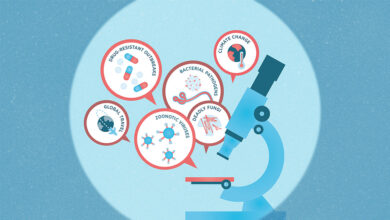
Making Informed Food Choices
An Action Canada Task Force reportExecutive Summary
The decisions Canadians make every day about food have wide-reaching implications. Food is a major factor in our health, a big part of what Canadians spend their money on, a significant part of our social and cultural practices and something that has a major impact on the environment. Yet, a lack of information about these aspects of food makes it difficult for Canadians to make informed food choices.
Our Task Force set out to address this by considering what policy decisions could improve Canadians’ ability to make informed food choices. We explored this topic during our study tours in Saskatchewan, Montreal, Toronto, Guelph and Ottawa and through additional consultations and research. We spoke with experts in farming, agriculture, water, nutrition, health, food security and public policy. We were struck by the wealth of information that exists about certain aspects of food, but also the major gaps in accessible information. We found that health and safety information is the focus of many of the existing food education initiatives and identified socio-cultural and environmental dimensions of food as two major areas for which more information is needed. We also recognized that overarching factors such as affordability, availability and values shape food choices.
Our Task Force envisions a future in which Canadians continue to make varied food choices, but one in which the implications of those decisions are better understood. To this end, we recommend:
- Government and industry develop a standarized, interactive label and associated platform;
- Governments support research aiming to identify and assess the environmental and socio-cultural dimensions of food; and
- Governments create food forums in which representatives of civil society and food experts and practitioners can talk about food issues, with a view to more inclusive policy development.
Thank you to Action Canada’s partners:
 |
 |








